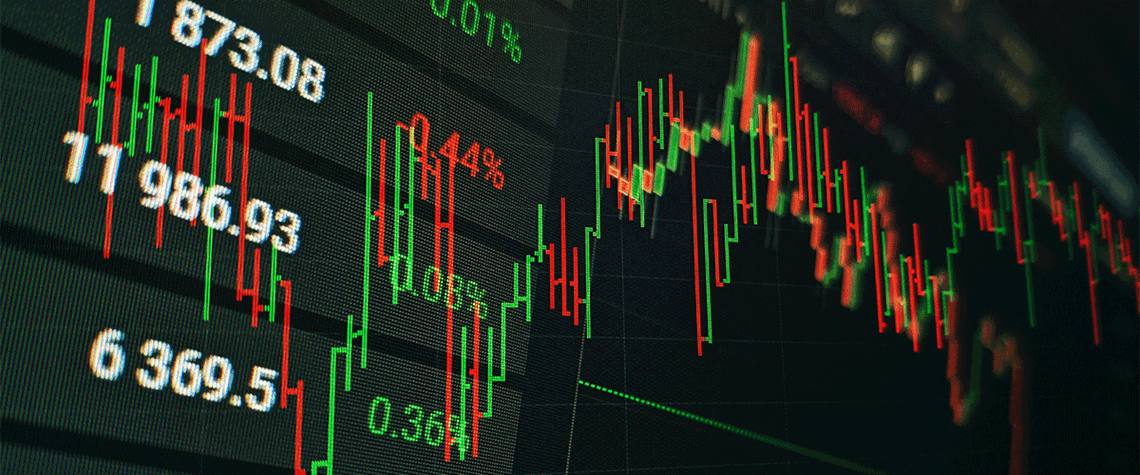Outlook 2024: Market regime shifts driving LNG portfolio value
Three main characteristics underpin a shift in global pricing dynamics creating a new regime
Russian supply cuts to Europe sent shockwaves through the global gas market across 2021-22. Market stress subsided to some extent in 2023, but the crisis is not over. The LNG market is set to remain in a tight regime until the next wave of supply ramps up from 2025-26, dominated by North American and Qatari volumes. In the meantime, demand response mechanisms in both Europe and Asia are setting global LNG prices. In Europe, the primary demand response mechanism is the switching of gas for coal plants in the power sector. In Asia, demand response is a more complex mix of fuel switching and industrial demand response. Asian demand flexib

Also in this section
5 March 2026
Gas is a central pillar of Colombia’s energy system, but declining production poses a significant challenge, and LNG will be increasingly needed as a stopgap. A recent major offshore gas discovery offers hope, but policy improvements are also required, Camilo Morales, secretary general of Naturgas, the Colombian gas association, tells Petroleum Economist
4 March 2026
The continent’s inventories were already depleted before conflict erupted in the Middle East, causing prices to spike ahead of the crucial summer refilling season
4 March 2026
The US president has repeatedly promised to lower gasoline prices, but this ambition conflicts with his parallel aim to increase drilling and could be upended by his war against Iran
4 March 2026
With the Strait of Hormuz effectively closed following US-Israel strikes and Iran’s retaliatory escalation, Fujairah has become the region’s critical pressure release valve—and is now under serious threat







